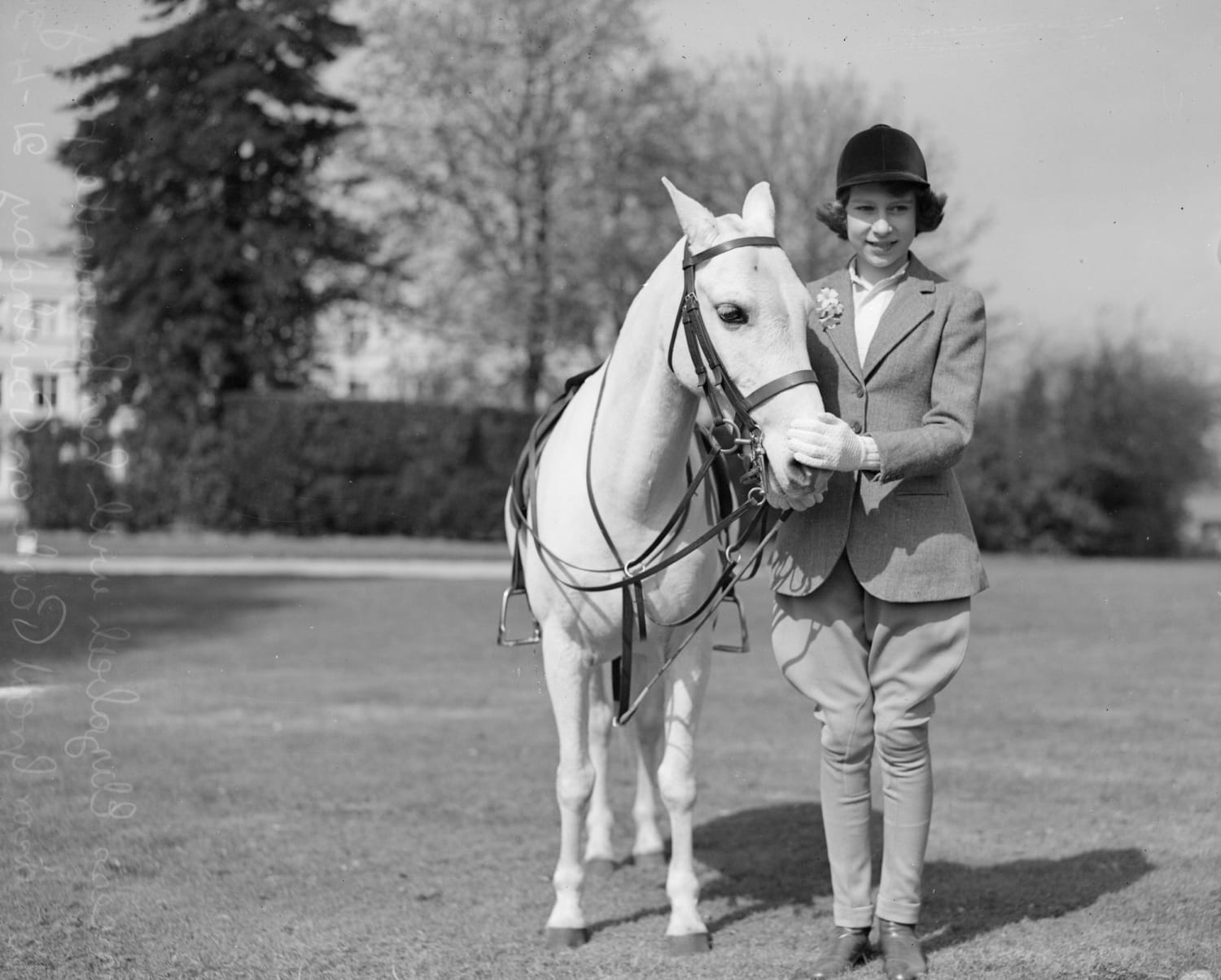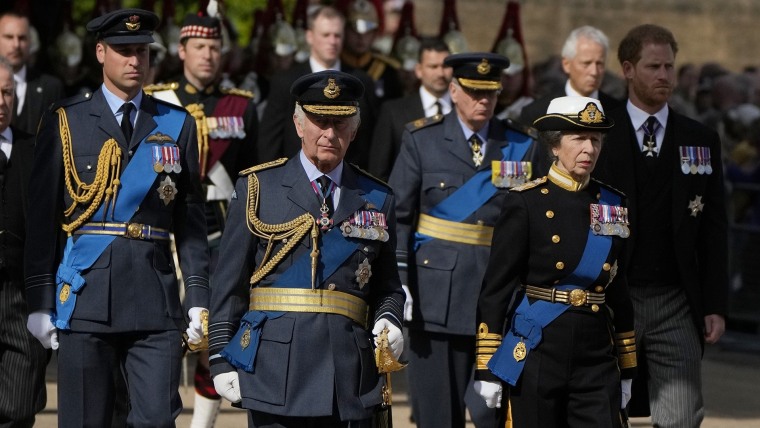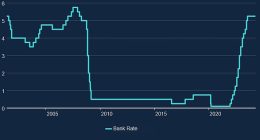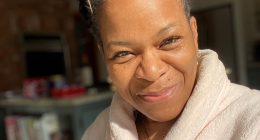Queen Elizabeth II wasn’t expected to be the monarch. She was born third in line to the throne, with her uncle Edward VIII the heir apparent. Which might explain why, when asked what she wanted to be when she grew up, she answered: “I should like to be a horse.”
Elizabeth didn’t get her wish. Instead, her uncle abdicated, and her father became king. She then ascended the throne at age 25 when her father died in 1952. Until her death at 96, she continued to be devoted to horses.
The queen might well have been born with a love of horses, but no doubt the Shetland pony her father gave her at age 4 brought that love to light. She frequently rode with trainer Terry Pendry, even doing so a few months ago. She often attended the Royal Windsor Horse Show and until 1986 rode horseback at the Trooping of the Colour. And in a moment that reminds us how very human she was, one of her happiest moments was clearly the day in 2013 when her very own horse Estimate won the Royal Ascot, one of the most prominent equine events in Britain.
This passion for horses is one that I share with her, and it has been central to why I’ve felt so much grief since her passing Thursday. I’ve burst into tears at least a dozen times this past week. I wish I were able to be in London to join members of the public paying their respects ahead of her funeral. In lieu of that, on Monday I headed to the British Embassy in Washington, where I live, to sign the book of condolences.
It’s been quite strange to have such deep feelings of loss as an American who’s never set foot in the United Kingdom. But I’ve always felt drawn to Queen Elizabeth. I grew up watching her on television and knew who she was long before I knew the name of the U.S. president. Like the Cullinan diamond, which graces the top of the Sovereign’s Scepter With Cross, Queen Elizabeth II was to so many people around the globe our rock and the brightest shining star on our planet.
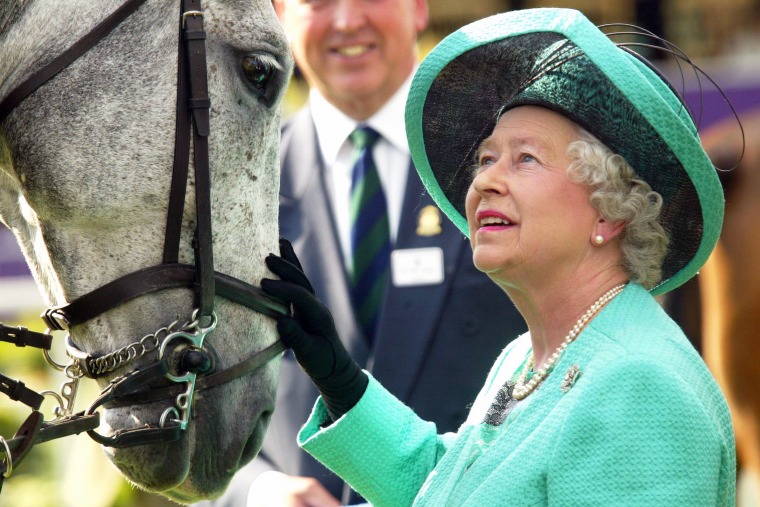
Carl De Souza / Getty Images file
Part of this connection is no doubt due to a family heritage that traces to William Irby, the 1st Baron of Boston, England, born in 1707. And partly it’s my confirmation in the Episcopal Church within the Anglican Communion, which she headed. And partly it’s the time I spent living in the British Commonwealth islands of the Bahamas in my 20s.
But above all, my emotional response has been shaped by one particular bond we shared: a tremendous love for horses, the voiceless icons upon whose backs much of our civilization was built.
So you can imagine how I felt on a rainy August evening in 2020 when a package arrived on my doorstep in Washington marked “Royal Mail” from “Windsor Castle.”
Some months before, my dear friend Monty Roberts, one of Her Majesty’s confidants, had asked me to prepare a document about my life’s work protecting horses. I was grateful for the opportunity and wrote a seven-page story titled “A Paradigm Shift,” which shared the tale of how my own life crumbled as a result of my efforts to end horse abuse.
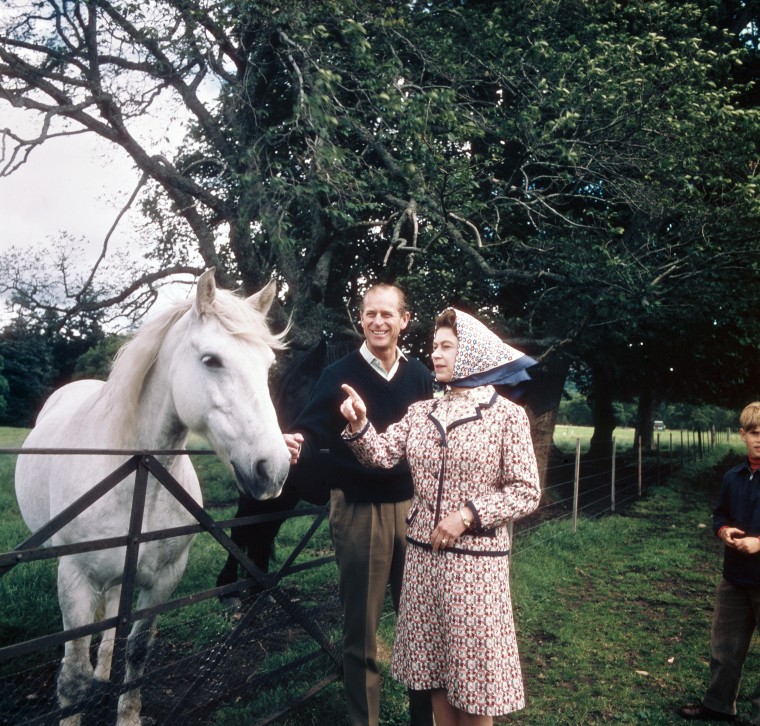
I had been steeped in the show horse industry and had served as president of the Tennessee Walking Horse Breeders’ & Exhibitors’ Association. Then I testified before Congress about horse abuse in support of legislation to end it. I was shunned so intensely that I was forced to file for bankruptcy, my wife and I divorced, and my father and I didn’t speak for more than five years.
When Monty told me he had presented my story to the queen and she’d read every word, it restored my strength and validated all I’d done. I took further solace and motivation from the contents of the package that arrived from England. It contained a certificate of recognition from the queen for my “extraordinary efforts to reduce violence in the training of horses.” It was hand-signed by Her Majesty.
Far too many horse owners and riders take shortcuts and use brutality in training to rush a horse through the process, instead of being patient and working with the horse on its own terms. Monty, however, pioneered training principles and methods that are built on the language of horses themselves. They are nonviolent and use true communication with the animals to win their trust. It’s something Monty says makes them want to do what the human asks, instead of being forced.
The queen met Monty in 1989 and later became a patron of his nonprofit group, Join-Up International, dedicated to promoting “gentle, effective alternatives to violence” in both equine and human relationships. She even asked him to demonstrate his methods with her horses.
I worked with Monty myself when we joined other horse welfare advocates in working over six years to enact the Horseracing Integrity and Safety Act in the U.S., which was signed into law in December 2020. The measure banned race-day medication and created a uniform national set of rules and standards for horse racing in the U.S. Monty told me the queen was thrilled with its passage.
She was also aware of the work we’ve done to end the soring of walking horses, a despicable practice that produces an artificial high step, known as the “Big Lick,” that’s prized and rewarded at horse shows in the Southeastern U.S. Soring induces pain via chemicals such as mustard oil, croton oil or diesel fuel or by inserting sharp objects into horses’ hooves. Then large stacked shoes and ankle chains are placed around the horses’ feet to aggravate the pain and make the horse step higher. I’d liken it to running across hot coals barefoot.
The abhorrent practice has persisted in the Southeastern U.S. for nearly as long as the queen reigned, but a recent victory in a federal court of appeals could end the use of the grotesque torture devices of stacked shoes and ankle chains.
We will not give up. We will honor the queen by working harder than ever to stamp out this and other abusive practices, execute her charge and see horses set free from all this violence.
Source: | This article originally belongs to Nbcnews.com


